Theo, a fiery young gymnast, is laser-focused on winning state finals—his ticket to erasing last year’s humiliating defeat. But his raw talent and relentless drive are shadowed by a temper that costs him, and when his past crashes into the present, he must decide: will he let pride break him… or bend to rise?
The Double-Edged Sword of Ambition
Theo’s journey is defined by his relentless pursuit of greatness—and the flaws that threaten to derail it.
1. Skill vs. Self-Sabotage: Theo’s mastery of high-difficulty moves (think triple-twisting dismounts, gravity-defying releases on the bars) makes him a contender, but his short fuse often undermines him. A botched handstand due to a split-second argument with his coach? A wobble on the beam after dismissing a teammate’s advice? His ambition outpaces his patience, turning close wins into near-misses.
2. The Weight of “What If”: Last year’s state final wasn’t just a loss—it was a public unraveling. A dropped grip on the rings, a missed connection in his routine, and boos from the crowd haunt his training. He’s obsessed with “making it right,” but his fixation on the past blinds him to the present: his coach’s concern, his teammates’ support, and the small progress he’s already made.
3. The Mask of Control: To everyone else, Theo projects confidence—cracking jokes in the gym, mocking rivals’ “weak” routines. But alone, he replays old footage of his failure, punches pillows, and whispers, “I can’t mess up again.” His tough-guy act cracks when a new rival (a former teammate he once dismissed) arrives, forcing him to confront the fear beneath his bravado.
Gameplay: Train, Compete, Choose Your Path
Jump! blends rhythmic training simulations with high-stakes competition, where every decision—from workout focus to in-the-moment reactions—shapes Theo’s fate.
1. Training Your Way: Spend hours in the gym refining skills, but choose wisely. Prioritize “Power & Precision” for stronger tumbling passes (but risk fatigue), “Flexibility & Flow” for smoother transitions (ideal for beam/ring routines), or “Mental Resilience” to stay calm under pressure (critical for finals). Each path unlocks unique animations—a fluid floor routine vs. a shaky but determined bars set.
2. Competition Under the Lights: Step onto the mat for state finals, where the crowd roars and the camera zooms in. The game simulates real-time pressure: a wobble mid-routine triggers a “Panic Meter”—ignore it, and your form crumbles; take a breath (thanks to mental training), and you might recover. Judges score not just difficulty, but artistry and composure—so a flawed but confident performance could outshine a “perfect” but tense one.
3. The Ripple Effect of Choices: Every interaction matters. Yell at a teammate during practice, and they might refuse to spot you on vault. Apologize after a blowup, and they’ll rally behind you, boosting your morale. Even small decisions—like grabbing water or ignoring a coach’s note—add up, creating a branching narrative where no two playthroughs feel the same.
Confronting the Past: Secrets That Change Everything
Just as Theo starts to feel in control, his past slams into him—not with a punch, but with a truth he never saw coming.
1. The Unseen Rival: The new gymnast, Jax, isn’t just talented—he’s the son of the judge who controversially deducted points from Theo’s final routine last year. Jax claims he’s there to “prove himself,” but is he out for revenge… or redemption? Their rivalry forces Theo to question if his hatred is justified, or if he’s been blind to the bigger picture.
2. A Coach’s Confession: After a particularly rough training session, Theo’s coach, Marta, slips: “You weren’t the only one who lost last year.” She reveals she’d been battling her own injury, making split-second calls that favored Theo over teammates. Was his “destiny” really his alone? The truth shakes his sense of merit—and his trust in those he loves.
3. Forgiveness as Victory: By finals week, Theo faces a choice: chase the gold at all costs (even if it means burning bridges), or let go of his need to “fix” the past. A heartfelt conversation with a retired gymnast (a mentor figure) helps him see: true success isn’t about the medal—it’s about growing, even when it hurts.










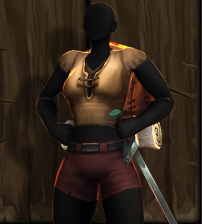



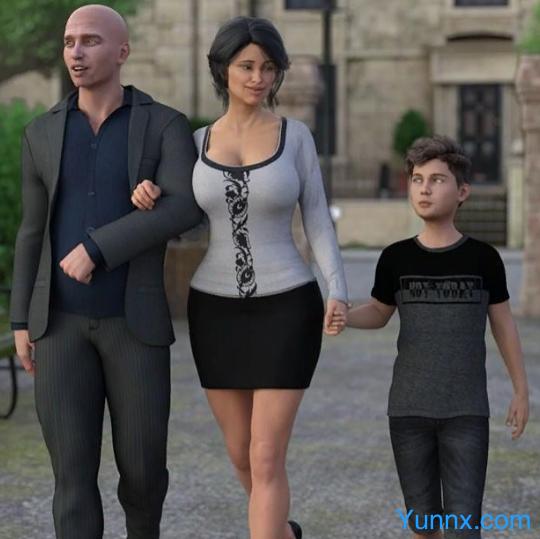
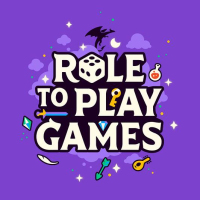
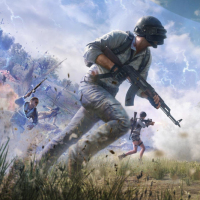

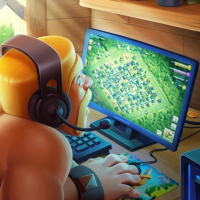
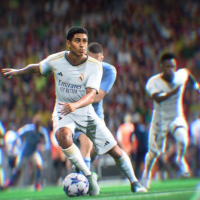
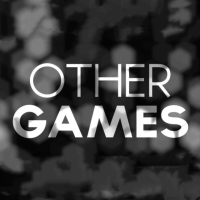
Preview: